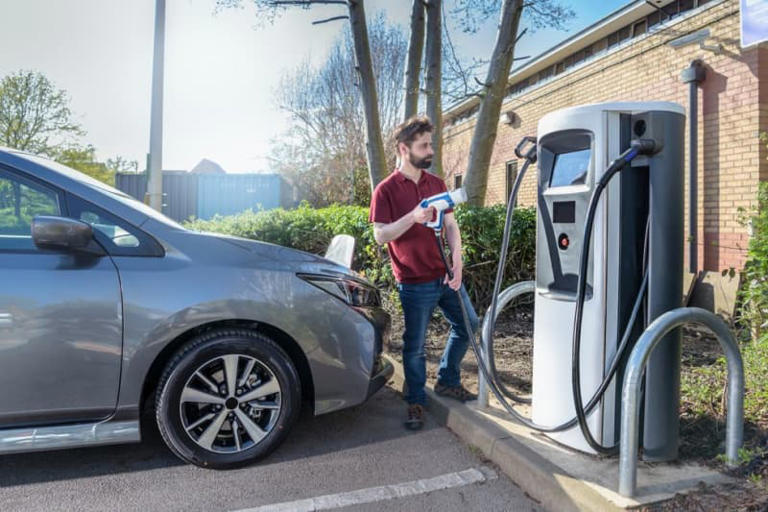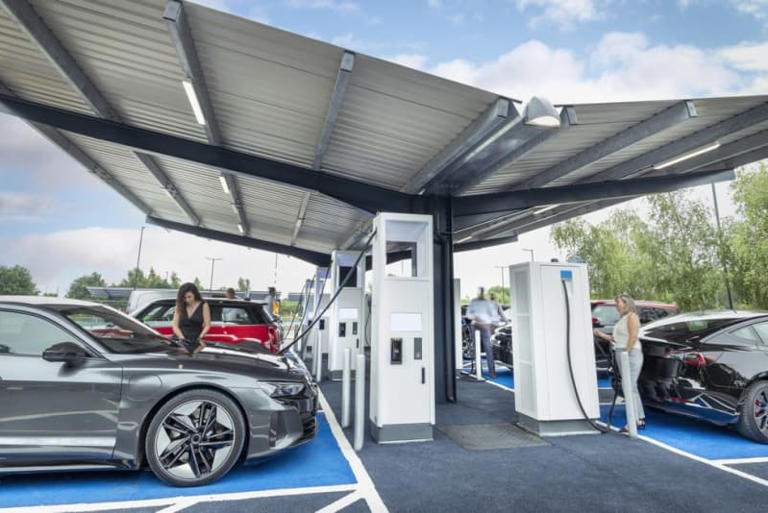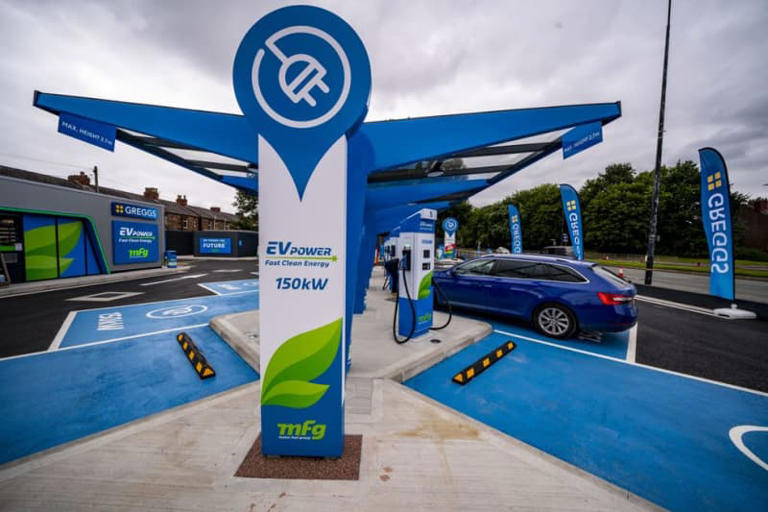- Homepage
- Automobiles
- Solid-State Sodium Batteries: 5 Incredible Ways They’ll Supercharge Electric Vehicles!
Solid-State Sodium Batteries: 5 Incredible Ways They’ll Supercharge Electric Vehicles!
Table of Contents
ToggleSolid-State Sodium Batteries: Revolutionizing Electric Vehicles
Solid-state sodium batteries are set to revolutionize electric vehicles, offering longer range and faster charging times. Learn about the breakthrough in this story.

© iStock/ Getty Images
Solid-State Sodium Batteries: A Game-Changer for Electric Vehicles
Electric vehicles (EVs) are the future of transportation, but one major hurdle has been their limited range and long charging times. However, recent breakthroughs in battery technology, specifically solid-state sodium batteries, could change that. Let’s dive into what makes solid-state sodium batteries so revolutionary and how they could transform the EV industry.
The Promise of Solid-State Sodium Batteries
Traditional lithium-ion batteries, while widely used, have limitations when it comes to range, safety, and cost. Solid-state sodium batteries offer a promising alternative. Made from abundant materials and featuring a solid electrolyte, these batteries are not only safer but also cheaper to produce.
Overcoming Mass Production Challenges
One of the main obstacles to the mass production of solid-state sodium batteries has been the difficulty in synthesizing highly conductive electrolytes. However, researchers at Osaka Metropolitan University in Japan have discovered a new process that could overcome this challenge. By synthesizing a highly conductive electrolyte, they’ve paved the way for the mass production of solid-state sodium batteries.
High Sodium Ion Conductivity
The solid sulfide electrolyte developed by the researchers boasts the world’s highest reported sodium ion conductivity, approximately 10 times higher than what is required for commercial use. This high conductivity is a game-changer, as it allows for faster charging and discharging of batteries, leading to improved performance in electric vehicles.
Enhanced Safety
Unlike the liquid electrolytes used in lithium-ion batteries, solid-state electrolytes are not susceptible to bursting into flames when damaged or charged incorrectly. This enhanced safety feature is crucial, especially in the automotive industry, where safety is paramount.
The Impact on Electric Vehicles
The implications of solid-state sodium batteries for electric vehicles are immense. With the potential to more than double the range of current EVs and significantly reduce charging times, these batteries could eliminate range anxiety and make EVs a more viable option for consumers.
Toyota’s Bold Claims
Japanese automaker Toyota has already made bold claims about the potential of solid-state sodium batteries. They suggest that these batteries could offer a range of up to 1,200 km, more than twice the range of current EVs on the market. Additionally, charge times for these new batteries could be as short as 10 minutes, making EVs even more convenient to use.

A Sustainable Future
Beyond the automotive industry, solid-state sodium batteries have the potential to revolutionize energy storage on a larger scale. By enabling the widespread adoption of renewable energy sources such as solar and wind power, these batteries could play a significant role in reducing carbon emissions and combating climate change.
Conclusion
Solid-state sodium batteries represent a significant breakthrough in battery technology with the potential to revolutionize the electric vehicle industry and pave the way for a more sustainable future. With their longer range, faster charging times, and enhanced safety features, these batteries could make electric vehicles the preferred choice for consumers worldwide. As research continues and technology advances, we can expect even more exciting developments in the field of energy storage.
ALSO READ:
Skoda Enyaq Coupe: 5 Must-Have Features for Ultimate Driving Power!




